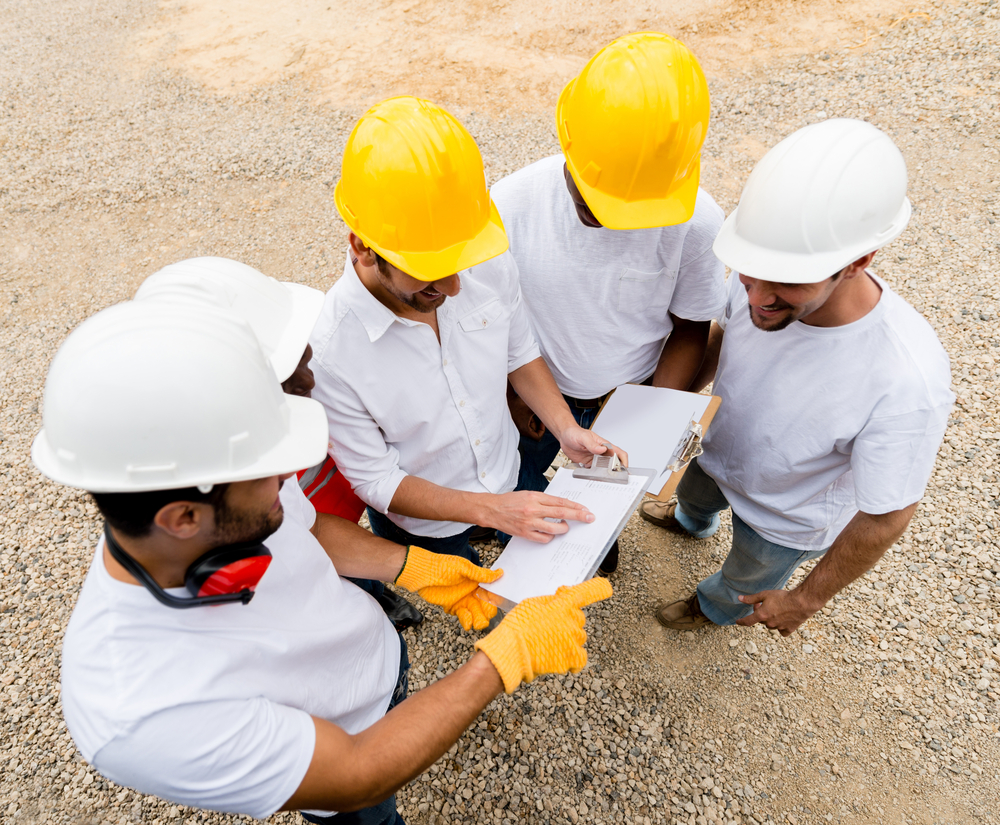Construction observation should be performed by a qualified Resident Project Representative (RPR). The duties and responsibilities of an on-site RPR vary greatly depending on the project and needs of the client. In this month's blog, we focus on four important duties and responsibilities typically provided by an on-site RPR.
Protection Against Defects and Deficiencies in the Work
An RPR provides extensive on-site observations to monitor the installation, materials, and equipment incorporated into the project to ensure compliance with the design plans, specifications, contract documents and approved shop drawings. This observation provides assurance that the clients get what they paid for and the engineer gets the quality of work and materials specified.
Improved Communications
Communication between all parties is critical on a construction project! An on-site RPR provides a communication link and serves as a liaison between the contract owner and contract engineer, as well as the citizens who will be directly affected by the project.
On many projects, the work must be carefully coordinated in order to limit the effects on the client’s operations. An RPR can ensure the contractor’s planned work is carefully coordinated with the client’s operations in order to limit conflicts and minimize disturbances.
An on-site RPR also improves communication between the contractor and engineer in obtaining answers to the contractor’s questions and resolving issues that arise. The RPR is often described as the “eyes and ears” in the field and provides key insight to corrective actions.
If a portion of the work affects the public in any way, the RPR can ensure the affected parties (the client, nearby residents and businesses, etc.) are kept informed of the scheduled work. The RPR also can ensure the contractor does not proceed until all necessary notifications have been issued.
Maintenance of Records and Documents
Documentation of testing of soil compaction, concrete, manholes, piping, and other specified tests are important for proof-of-quality assurance, and are often required by various funding agencies. An RPR ensures these tests are being conducted and reports are provided to the engineer for review.
An RPR also will ensure other types of documents are maintained and provided, such as:
- Daily field reports
- Special warranties
- Manufacturer’s start up and training reports
- Operation and maintenance manuals
- As-built drawings
Ensure that Testing, System Start-ups, and Training are Performed
The RPR will ensure the specified testing and manufacturer’s services for check-out, start-up, and training are performed to the satisfaction of the client. The RPR also will play a key role in coordinating the schedules between the contractor and client’s personnel for the start-up and training sessions.
Tags

